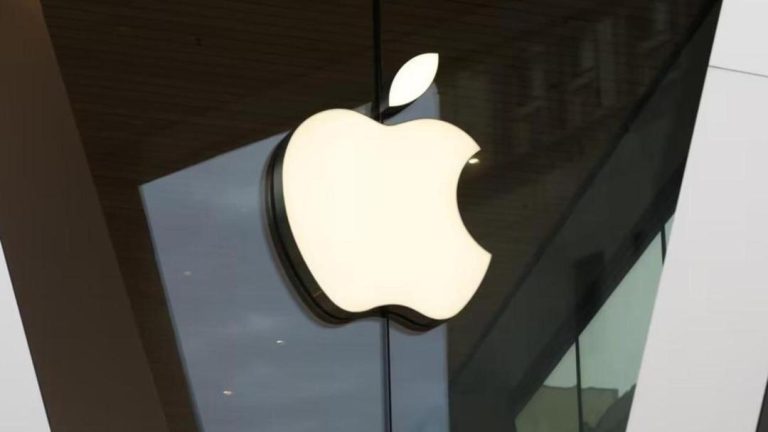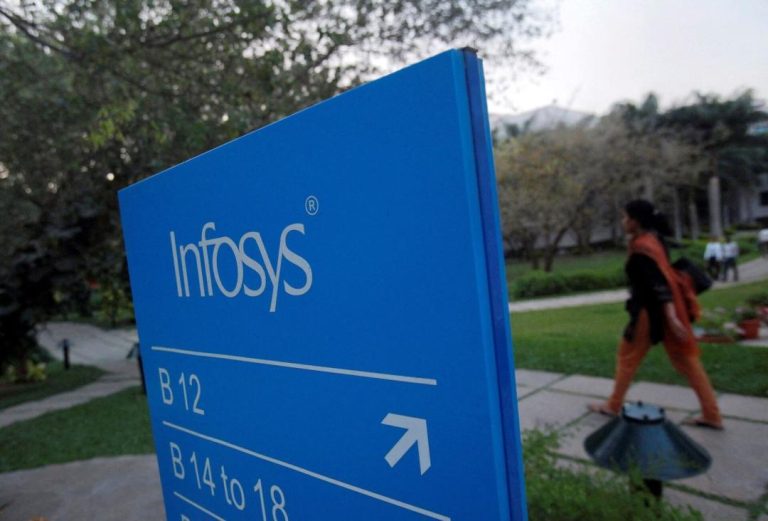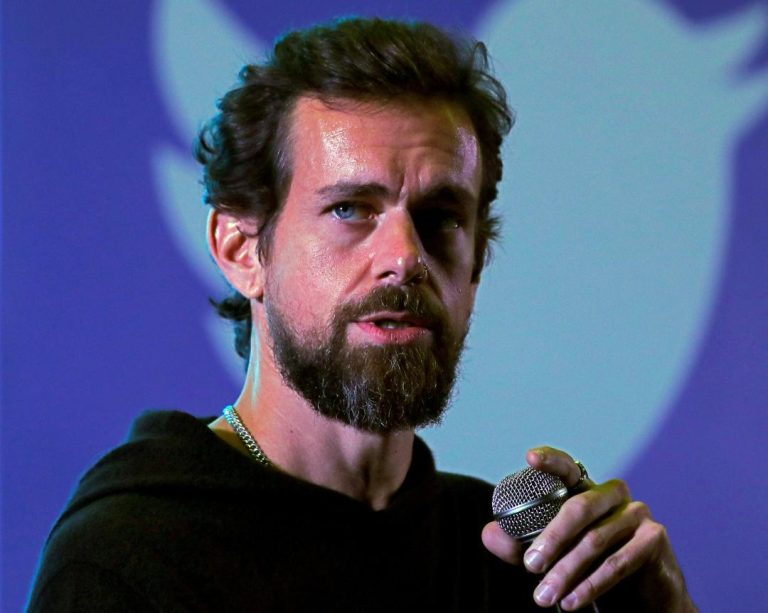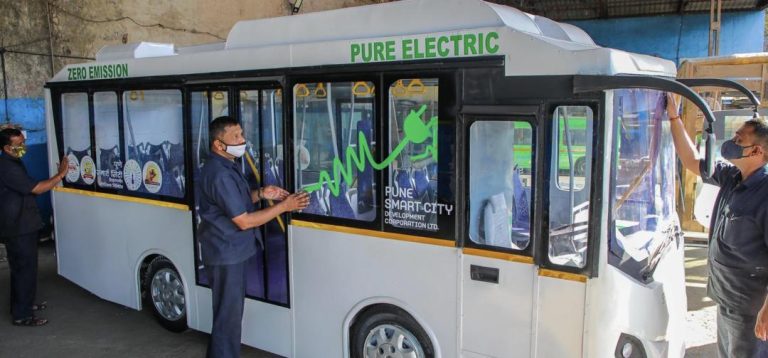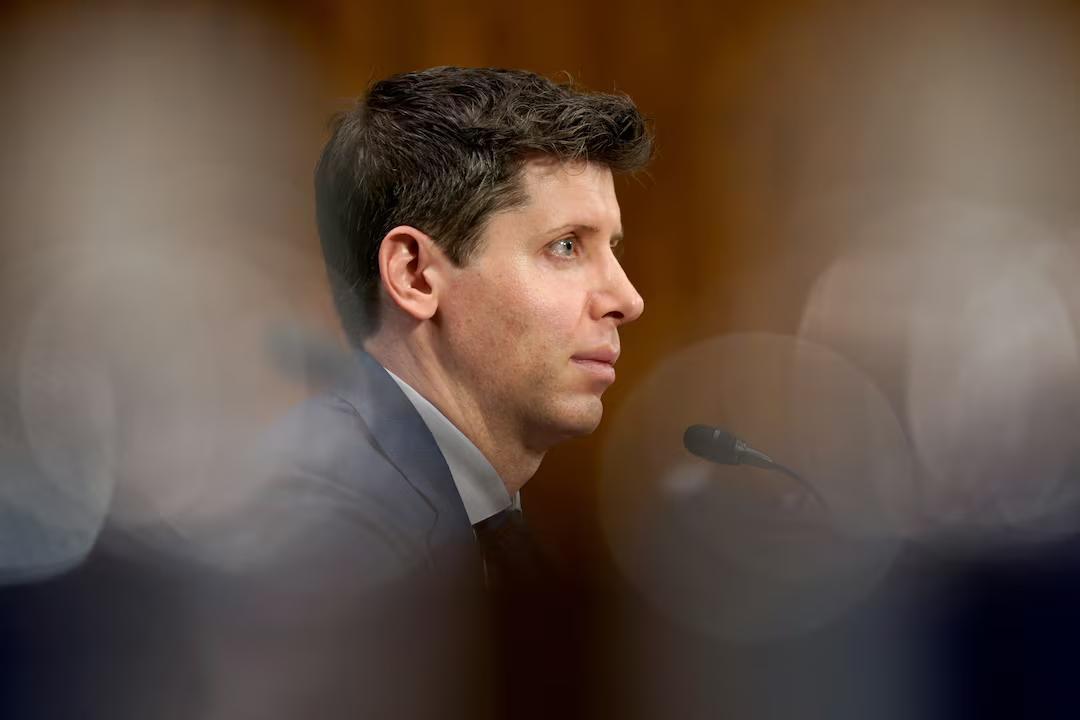
Title: OpenAI Poaches AI Talent from Meta & Others After Meta’s Poaching: Report
In the world of artificial intelligence, the game of talent poaching has become a crucial aspect of staying ahead in the competition. Recently, OpenAI, the creator of the highly successful AI model ChatGPT, has made a significant move by poaching four high-profile engineers from Meta, xAI, and Tesla. This development comes as Meta continues to poach AI talent from across the tech industry, highlighting the intense competition for top AI talent.
According to a report by WIRED, OpenAI has hired David Lau, the former Vice President of Software Engineering at Tesla, Uday Ruddarraju, the former head of infrastructure engineering at xAI, Mike Dalton, an xAI engineer, and Angela Fan, a researcher at Meta AI. These four engineers will be joining OpenAI’s scaling team, a significant move that signals the organization’s ambitions to continue pushing the boundaries of AI research and development.
Meta, on the other hand, has been aggressively poaching AI talent from other companies, including Google, Microsoft, and Amazon. The company’s efforts to attract top AI talent have been successful, with many prominent researchers and engineers joining its ranks. However, OpenAI’s move to poach talent from Meta and other rivals is a significant blow to the social media giant’s efforts to build a strong AI team.
The poaching of talent is not a new phenomenon in the tech industry, but it has become increasingly intense in the AI space. The competition for top AI talent is fierce, with many companies willing to go to great lengths to attract and retain the best minds. OpenAI’s move to poach talent from Meta and other rivals is a strategic one, as it allows the organization to tap into the expertise and knowledge of some of the most talented AI engineers in the industry.
The hiring of David Lau, Uday Ruddarraju, Mike Dalton, and Angela Fan is a significant coup for OpenAI. Lau, who was the Vice President of Software Engineering at Tesla, brings with him a wealth of experience in AI research and development. Ruddarraju, who was the head of infrastructure engineering at xAI, has a strong background in AI infrastructure and scalability. Dalton, an xAI engineer, has expertise in AI model development and deployment, while Fan, a researcher at Meta AI, has a strong background in natural language processing and computer vision.
OpenAI’s acquisition of these talented engineers is a significant boost to the organization’s capabilities. The company has been making rapid progress in AI research and development, and the addition of these experts will help to accelerate its growth. With the poached talent, OpenAI will be able to further improve its AI models, expand its capabilities, and push the boundaries of what is possible in AI research.
The competition for AI talent is only expected to intensify in the coming years. As AI becomes increasingly important in various industries, companies will be willing to go to great lengths to attract and retain the best minds. OpenAI’s move to poach talent from Meta and other rivals is a significant development in this game of talent poaching, and it will be interesting to see how this competition plays out in the future.
In conclusion, OpenAI’s poaching of AI talent from Meta and other rivals is a significant development in the world of AI. The hiring of David Lau, Uday Ruddarraju, Mike Dalton, and Angela Fan is a significant coup for OpenAI, and it will help the organization to further improve its AI models and capabilities. As the competition for AI talent continues to intensify, it will be interesting to see how this game of talent poaching plays out in the future.
